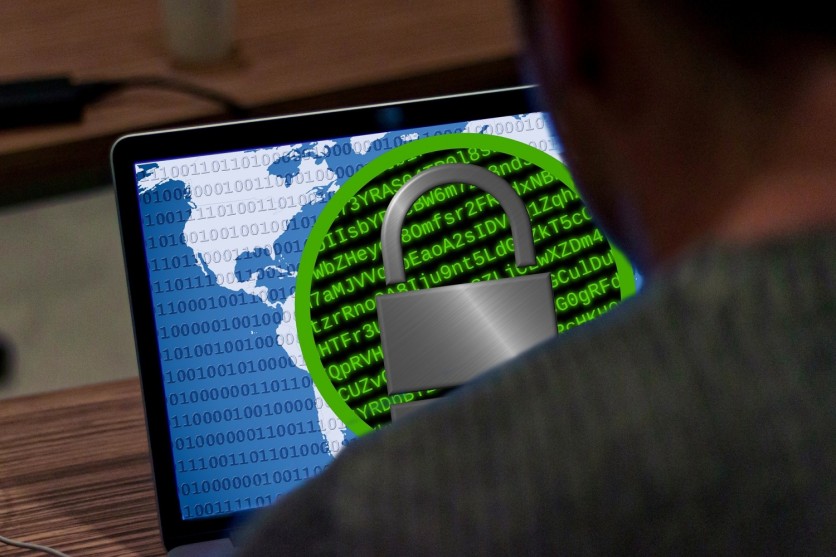The White House on Tuesday held its first-ever cybersecurity summit aimed at addressing the surge of ransomware attacks targeting schools across the United States.
These malicious attacks have led to the online exposure of sensitive student data, including confidential medical records, psychiatric evaluations, and many more.
The summit garnered attention due to its significance in addressing a pressing issue affecting the nation's educational institutions.

White House Emphasizes Escalating Cyber Threats Faced by Schools
In a press statement, the White House emphasized the escalating cyber threats faced by schools, revealing that in the 2022-23 academic year alone, at least eight K-12 school districts were severely impacted by cyberattacks, leading to class cancellations or closures.
The consequences of these attacks have extended beyond mere disruptions to school operations, significantly impacting students, their families, educators, and administrators.
Personal information, ranging from student grades and medical records to behavioral data and financial details, was stolen and subsequently disclosed to the public.
Furthermore, confidential data concerning school security systems was also exposed online due to these malicious activities. To combat this worrisome trend, the White House orchestrated the participation of key figures in the field of education and cybersecurity.
Secretary of Education Miguel Cardona and Secretary of Homeland Security Alejandro Mayorkas, alongside First Lady Jill Biden, led the discussions among school administrators, educators, and private sector representatives.
The aim was to explore enhanced cybersecurity practices and new resources to fortify schools' defenses, protect American families and institutions, and mitigate the impact of cyberattacks on the learning environment.
A 2022 report from the US Government Accountability Office revealed that cyberattacks led to a loss of learning spanning from three days to three weeks, with recovery times ranging from two to nine months. Financial losses to school districts varied between $50,000 to $1 million as a result of these incidents.
This prompted the Biden-Harris administration to adopt a steadfast approach to safeguard the nation's critical infrastructure, with particular attention to the over 13,000 school districts nationwide.
Federal Communications Commission Chairwoman Jessica Rosenworcel proposed a $200 million pilot program, supported by the Universal Service Fund, to enhance cybersecurity in collaboration with federal agencies.
The US Department of Education is also initiating a Government Coordinating Council (GCC) to enhance cybersecurity collaboration. On the other hand, the Cybersecurity and Infrastructure Security Agency (CISA) and the Department of Education released guidance documents for K-12 digital infrastructure.
CISA committed to providing tailored assessments, exercises, and cybersecurity training to 300 new K-12 entities. Additionally, the Federal Bureau of Investigation (FBI) and the National Guard Bureau updated resource guides to facilitate reporting of cybersecurity incidents.
Tech Companies Pledge Support
Education technology companies have also committed their support to the cause. Amazon Web Services (AWS) launched a substantial $20 million grant initiative, with security training and assistance for incident response.
Meanwhile, Cloudflare's Project Cybersafe Schools is stepping up by providing Zero Trust cybersecurity solutions. PowerSchool is also contributing by making free and subsidized "security as a service" courses available.
Conversely, Google released an updated version of the "K-12 Cybersecurity Guidebook," while D2L is committed to furthering cybersecurity education through courses and ensuring compliance validation.
Related Article : UCLA Confirms Falling Victim to Cyberattack


![Apple Watch Series 10 [GPS 42mm]](https://d.techtimes.com/en/full/453899/apple-watch-series-10-gps-42mm.jpg?w=184&h=103&f=9fb3c2ea2db928c663d1d2eadbcb3e52)


